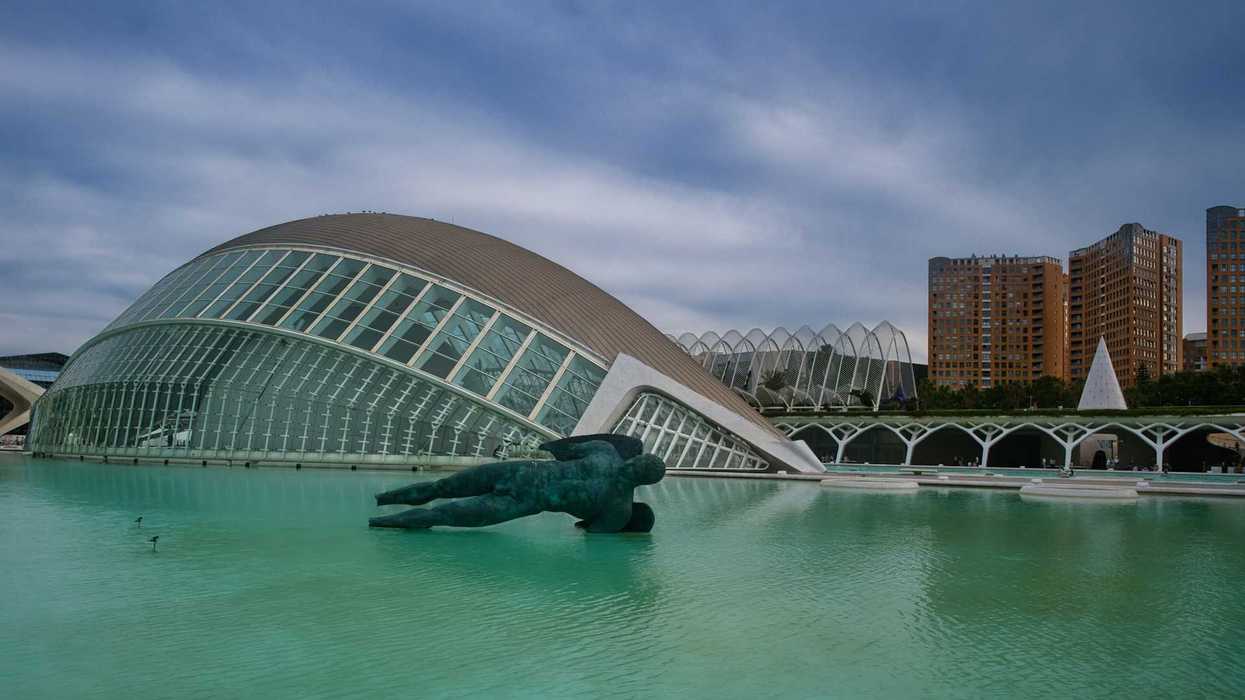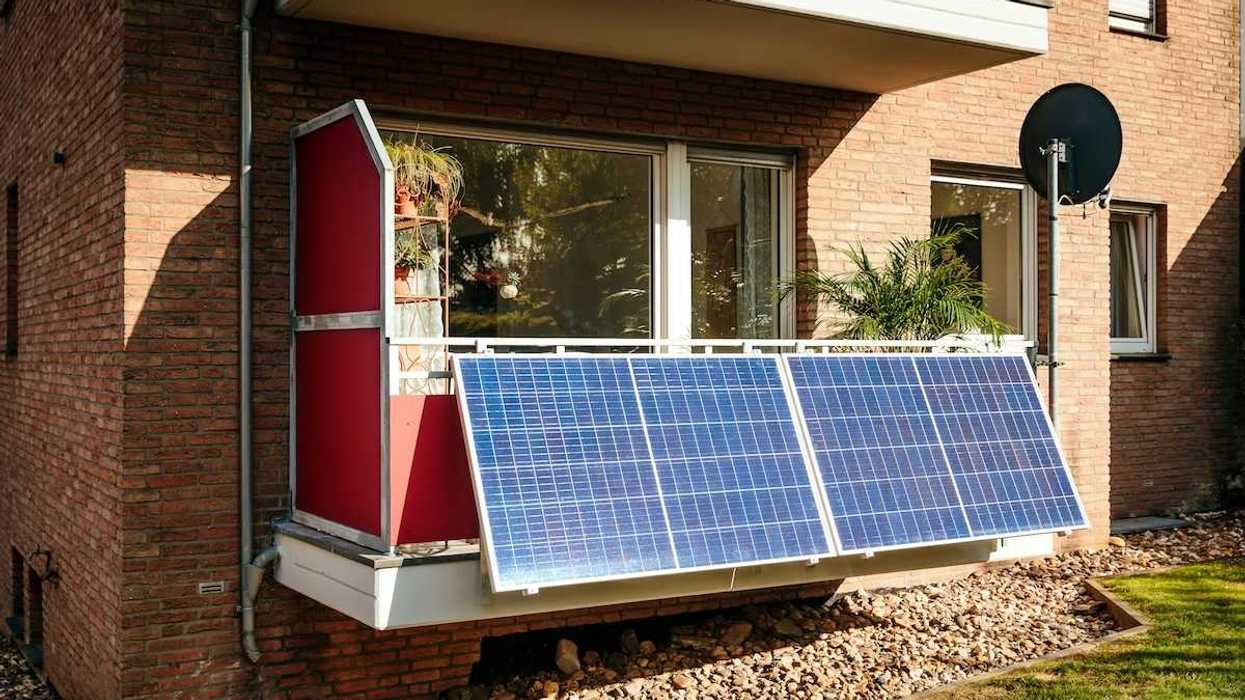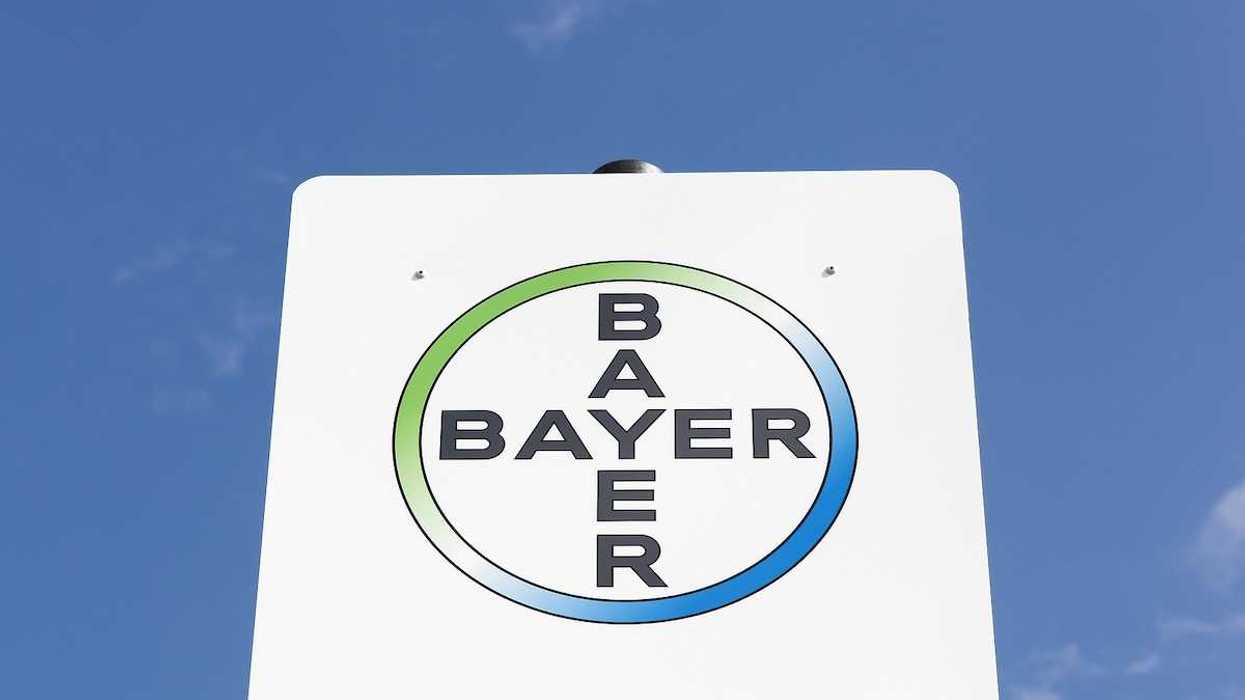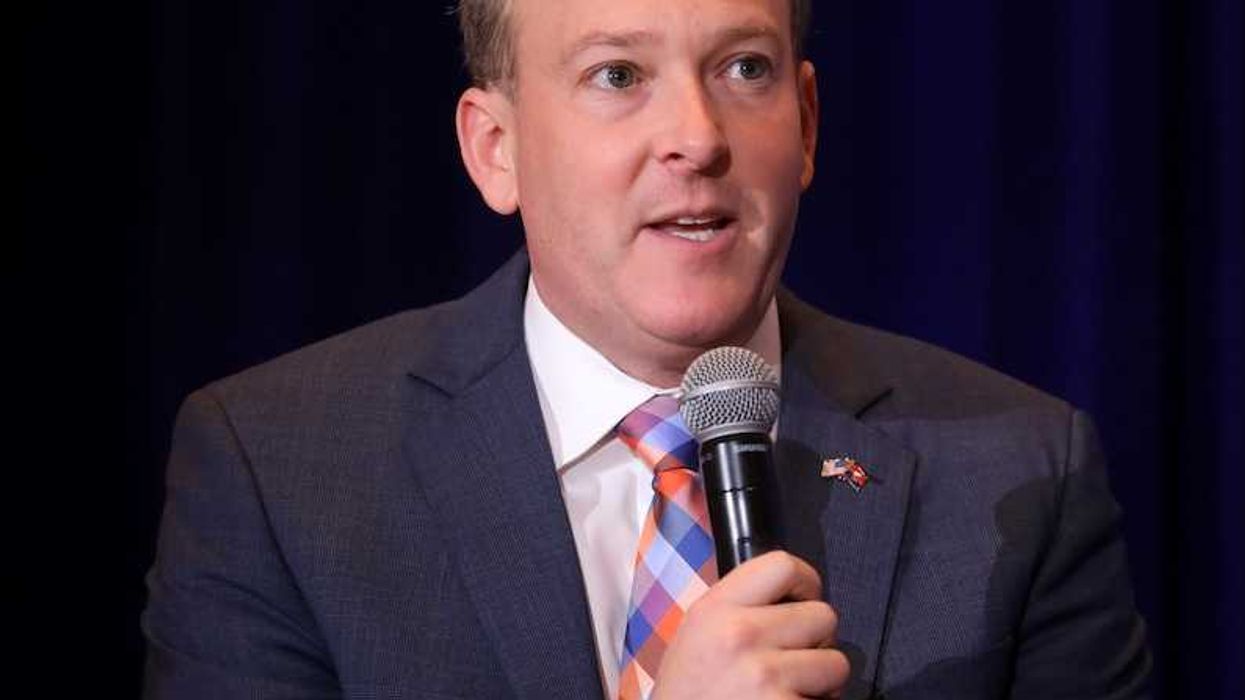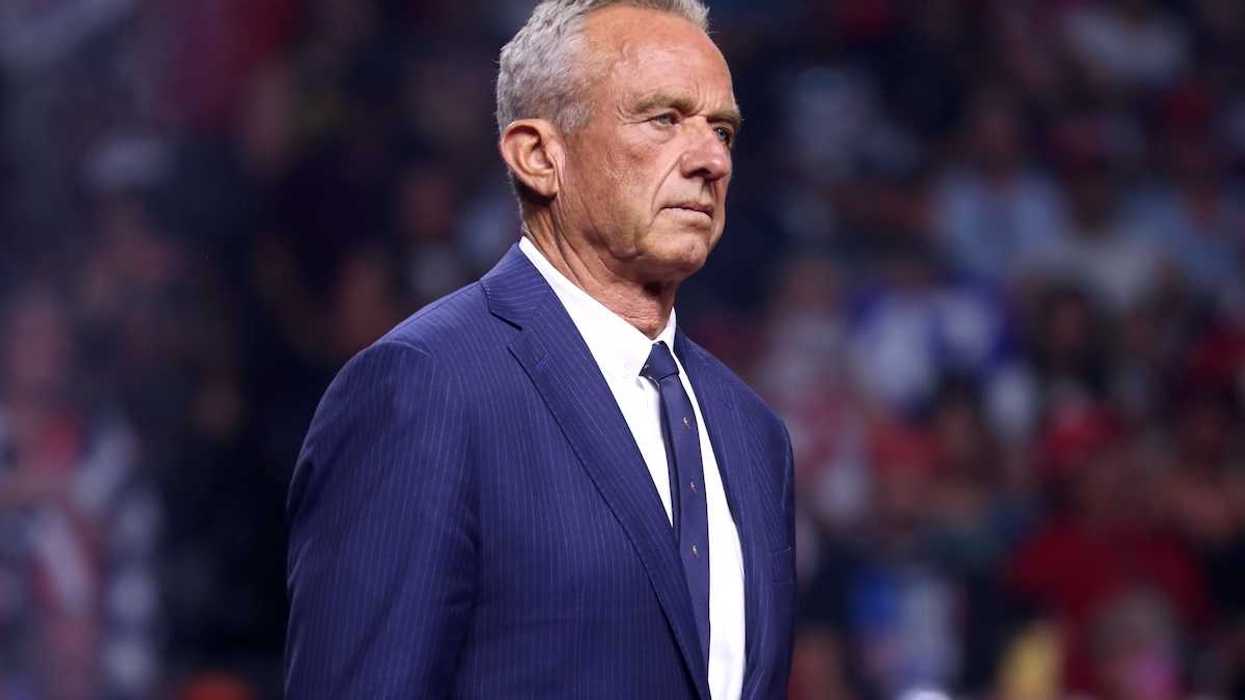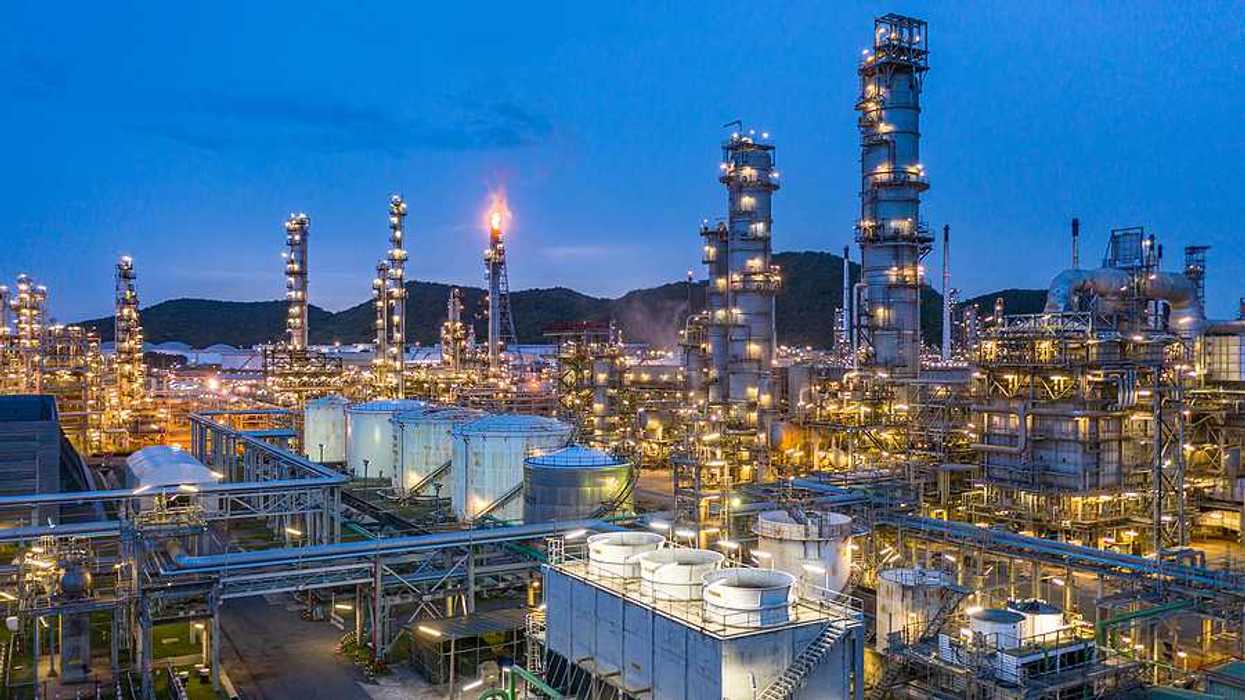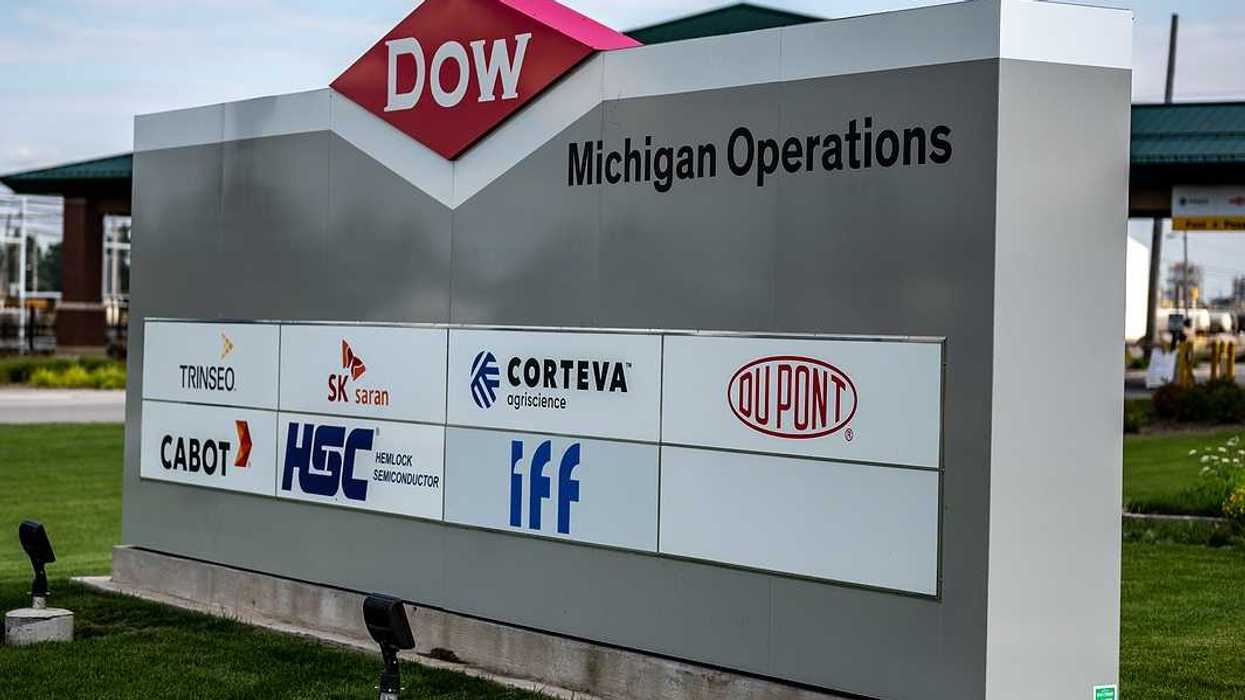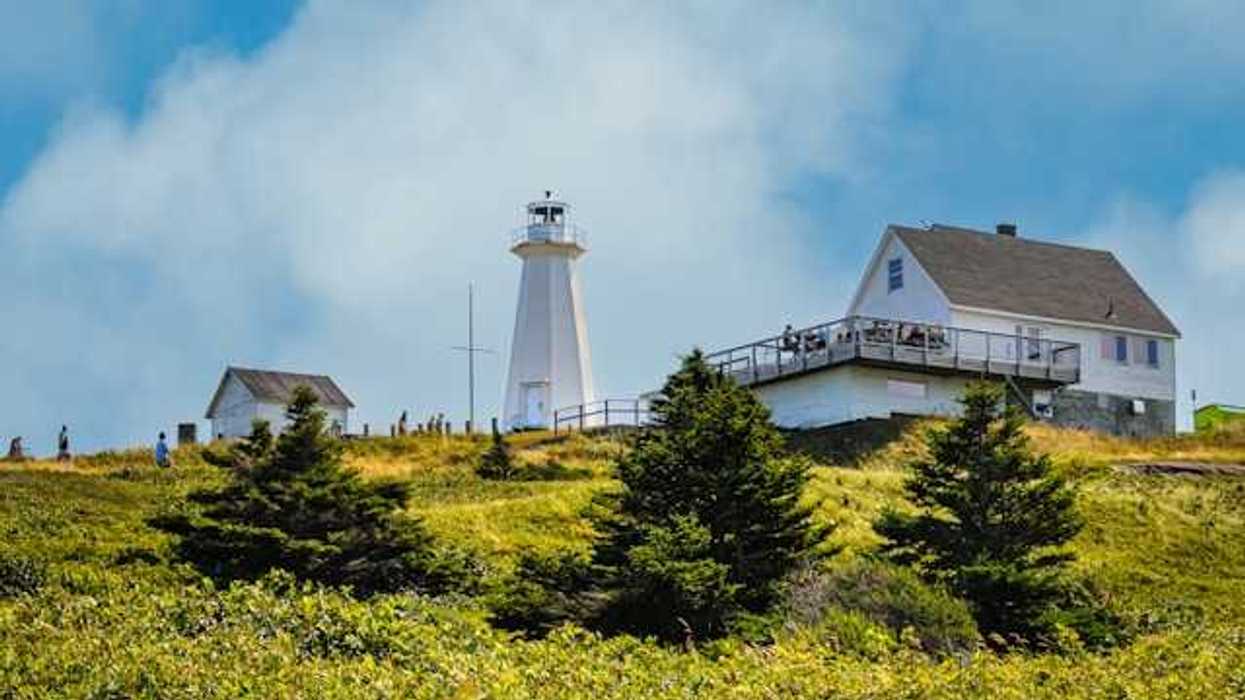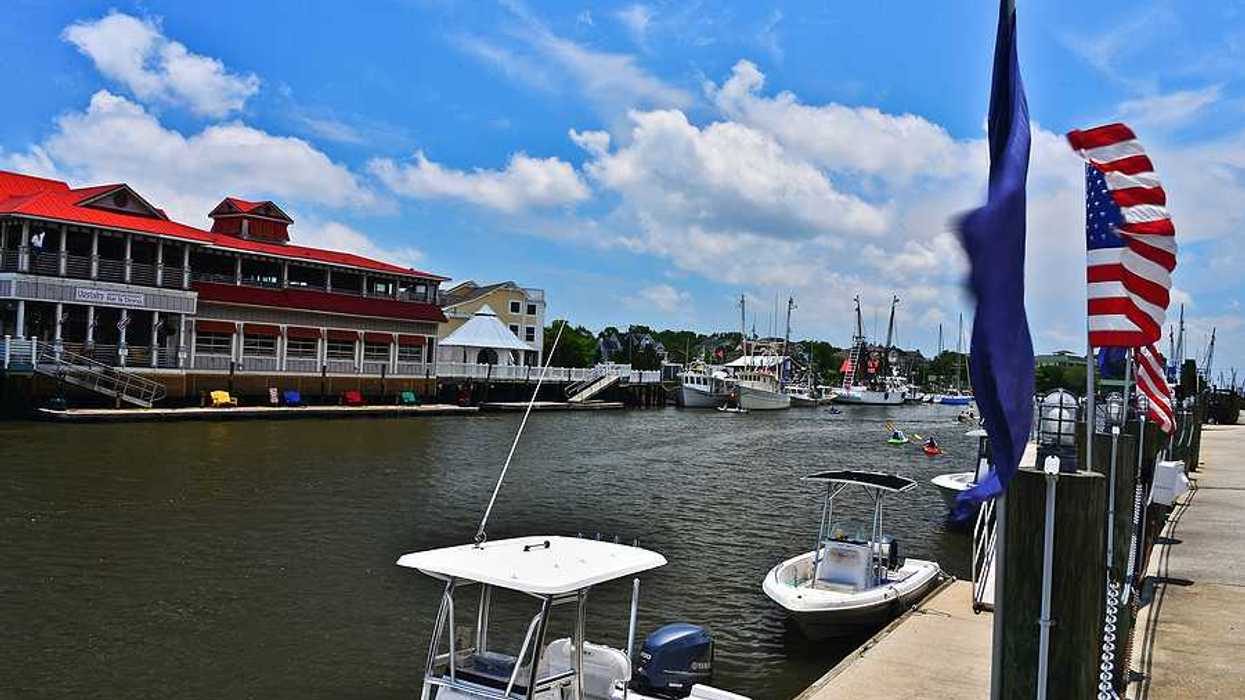As climate anxiety shapes how young people imagine their future, experts say the antidote isn’t solo heroism — it’s collective care and connection.
Natalie Brennan and Yasmin Tayag report for The Atlantic.
In short:
- Climate anxiety is paralyzing many young people, not just because of climate change itself, but because they’re absorbing bleak news in isolating, overwhelming ways.
- Professor Sarah Ray says the key isn’t necessarily action, but shifting attention toward what we love and recognizing that love can fuel sustainable change.
- Group engagement, rather than individual action, is the most psychologically effective way to reduce anxiety and foster a sense of power.
Key quote:
"How can we expect these young people to do all the work we want them to do, to fix all the problems that are out there, if they don’t even want to exist in that future?"
— Sarah Ray, chair of environmental studies at Cal Poly Humboldt
Why this matters:
Mental health is health. Today’s younger generations are growing up in a world already grappling with the effects of global warming, inheriting a climate crisis that often feels too vast, too urgent, and too late to fix. But what’s crushing them isn’t just the heatwaves or the rising seas — it’s the mental toll of trying to care deeply in a culture that tells them it’s all on them. Understanding how collective action can reduce anxiety could help avoid a mental health crisis.
Read more:



